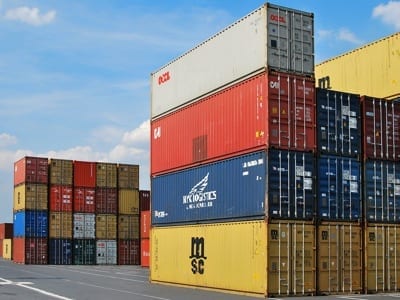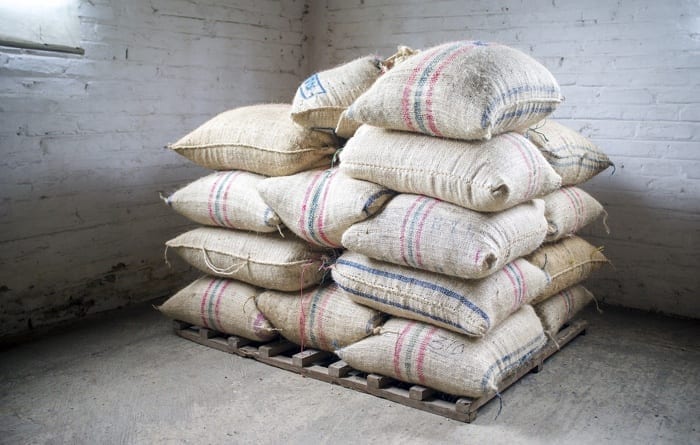Why Start a Trading Company in Hong Kong?
 Hong Kong is one of Asia’s leading commercial and trade centres. One of the biggest pull factors as to why investors are keen to start a trading company in Hong Kong is because of its free trade policy. There is no imposition of tariffs on the export and import of goods. The Hong Kong Trade and Industry Department only imposes import or licensing when there is a genuine need for it, such as to fulfill the obligations Hong Kong has to its trading partners, meet public health and safety concerns, or to address internal security needs.
Hong Kong is one of Asia’s leading commercial and trade centres. One of the biggest pull factors as to why investors are keen to start a trading company in Hong Kong is because of its free trade policy. There is no imposition of tariffs on the export and import of goods. The Hong Kong Trade and Industry Department only imposes import or licensing when there is a genuine need for it, such as to fulfill the obligations Hong Kong has to its trading partners, meet public health and safety concerns, or to address internal security needs.
Another major benefit to starting a trading company in Hong Kong is the existence of the Hong Kong-China Free Trade Agreement, which is the Closer Economic Partnership Arrangement (CEPA). With CEPA, Hong Kong-based companies and any products made in Hong Kong have preferential access to the mainland China market and enjoy zero tariffs as long as it is accompanied by a Certificate of Hong Kong Origin.
How to Start a Trading Company in Hong Kong
You must register your company with the Hong Kong Companies Registry, and successfully obtain your Certificate of Incorporation before you can start a trading company in Hong Kong.
Next, depending on the goods you either intend to export or import into the country, you may require a valid import/export license from the relevant government authorities.
License Requirements
You must obtain an Import/Export License in Hong Kong if your business conducts the following activities:
- Pharmaceutical products, medicine and dangerous goods (Pharmaceuticals Import/Export Control Unit, Pharmaceutical Service, Department of Health)
- Food items (Centre of Food Safety, Food, and Environmental Hygiene Department)
- Trading dutiable goods, including alcohol, tobacco, methyl alcohol, and hydrocarbon oils (Customs and Excise Department of Hong Kong)
- Optical disc mastering and replication equipment (Customs and Excise Department of Hong Kong)
- Trading controlled chemicals (Customs and Excise Department of Hong Kong)
- Animals or birds (Import-Export Division, Agriculture, Fisheries and Conservation Department)
- Hazardous chemicals (Subject to regulation under the Stockholm Convention on Persistent Organic Pollutions or Rotterdam Convention on Prior Informed Consent Procedure for Certain Hazardous Chemicals and Pesticides in International Trade)
- Trading pesticides (Plant and Pesticides Regulatory Division, Agriculture, Fisheries and Conservation Department).
- Importing and/or exporting plants (Plant and Pesticides Regulatory Division, Agriculture, Fisheries and Conservation Department).
- Trading textiles (Director-General of Trade and Industry)
- Radioactive substances and irradiating apparatus (Department of Health)
- Radio transmission equipment (Licensing Unit, Office of the Telecommunications Authority)
- Rice products (Trade and Industry Department’s Rice Control Unit).
- Rough diamonds (Must be covered by Kimberley Process Certificates (Import) and Kimberley Process Certificates (Export), issued by the Director-General of Trade and Industry)
- Strategic commodities (Strategic Trade Controls Branch of the Trade and Industry Department).
Other Regulations
The Import and Export (Registration) Regulations stipulates that any goods or articles (unless exempted) must file an Import/Export Declaration with the Commissioner of Customs and Excise within 14 days after the goods or articles have been exported or imported.
All imported and exported goods will be thoroughly inspected by the Hong Kong Customs and Excise Department, who may also physically inspect the cargo if they see fit. Meanwhile, for clearance of imported dutiable goods, you must submit a Removal Permit to the Customs Department. Documents which are for clearance approval include manifests, invoice or packing list, bill of lading, airway bill, and other documents including the import/export license.
When dealing with dutiable commodities, you must:
- Remove the goods within the approved removal date and time
- Remove goods from releasing place and convey it directly to the designated receiving points
- Descriptions of the goods must match what is on the permit.
There are no customs fees, VAT or GST in Hong Kong because of its free port status. However, the government imposes excise duty on four types of goods. This is whether they have been imported or locally manufactured. Moreover, the four categories of goods are liquors, tobacco, hydrocarbon oil, and methyl alcohol.

Financing Options for A Trading Company in Hong Kong
Starting a trading company in Hong Kong means you will have access to several financing options, which include:
- Short-term financing offered by almost all major banks in Hong Kong.
- Letters of Credit, which is the most widely existing trade finance instrument, which banks commonly issue.
- Export credit issuance, which is cargo insurance that ensures goods are protected against damage, loss or theft. The insurance policy can serve as collateral for banks to lower the loan rates. Further, these insurance policies are issued by the Hong Kong Exchange Credit Insurance Companies (ECIC).








